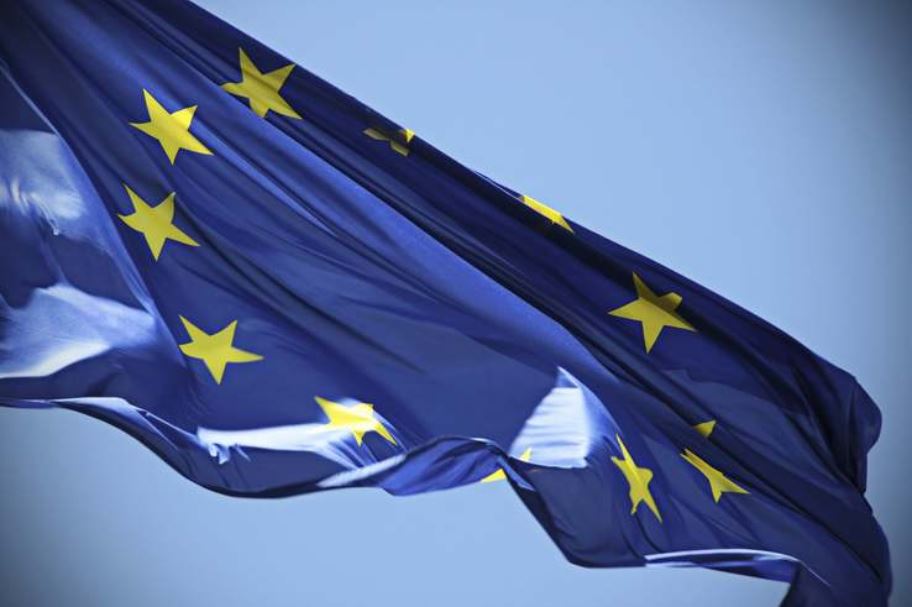By UME
One should not believe that the relative truce observed by the European authorities towards Poland will last while Hungary – for its refusal to sacrifice its national interests – is now being attacked with the so-called conditionality mechanism will. At best, this is a temporary ceasefire due to the Russo-Ukrainian war.
For Didier Reynders, Andrzej Duda’s proposal is positive, but not enough.
EU Justice Commissioner Didier Reynders put things right where necessary in his speech on Tuesday 3 May (National Day in Poland…) during the debate on the rule of law in Poland. Regarding the conciliatory bill presented by President Andrzej Duda in February, which aimed to abolish the Disciplinary Chamber of the Supreme Court, Reynders conceded that it was positive “that it would provide impetus for reform of the disciplinary system in Poland seem to give […].
what matters is the extent to which the legislation eventually adopted by the Polish Parliament – if final adoption is possible – will meet the requirements laid down by the Court of Justice.
“Any new legislation […] must meet the requirements of EU law on the independence of the judiciary,” he stressed.
Comparing the situation in Poland with that in Russia…
“Because [if] we tell Russia to comply with international law, we also have to do our own work […] in the European Union,
[…] We must not violate the rule of law. We have to be very careful that the democratic order in the European Union works if we want to admonish Russia […]. If we have our own problems, it will be difficult for us to act effectively.”
and cheerfully compared the rule of law situation in Poland with that in Russia.
“You will not teach the Poles”
In response to the Justice Commissioner’s statements, Polish MEP Patryk Jaki (Solidarna Polska) took the floor and first recalled the symbol of May 3, 1791, the first Polish constitution and the subsequent partitions of Poland, because at that time,
“The West was afraid that Poland, with its new constitution and freedom – which nowhere else in Europe existed as much as in Poland – would become stronger and stronger very quickly, and together with Russia decided to destroy it. Of course, with the help of bribed Poles…”.
Linking to today’s situation, the Polish MP added:
“Today, 231 years later, you are once again angry about the Polish aspirations for freedom and, of course, about the fact that we continue to support Ukraine. And here, too, with the help of [some] Poles, to the delight of Russia, you are launching new plans to weaken Poland. What is the reason for that? Because you want to do business with Russia again! […] They want this war to end quickly and we want Ukraine to win. Those are two different things. […]
You will not lecture the Poles. [It was] the Poles who passed the first constitution in Europe. You’re not going to lecture them on what liberty is [or] what the rule of law is. You can learn it from us…”.
For her part, former Polish Prime Minister Beata Szydło (PiS), also a Member of the European Parliament, responded on Twitter: “This debate in the European Parliament against Poland on the Polish National Day is another layer of hypocrisy […] for some MEPs. Why are you doing this, especially when there is a war on Poland’s borders?”
“Deteriorating European Union values in Hungary and Poland”
Following this debate, the European Parliament passed a new resolution on Thursday 5 May condemning the “decaying of European Union values in Hungary and Poland”. MEPs called on the European Commission to “do more” in this area, as a procedure under the conditionality mechanism has been opened against Hungary, but nothing has been done (yet) against Poland.
This article first appeared on VISEGRÁDPOST , our partner in EUROPEAN MEDIA COOPERATION.
